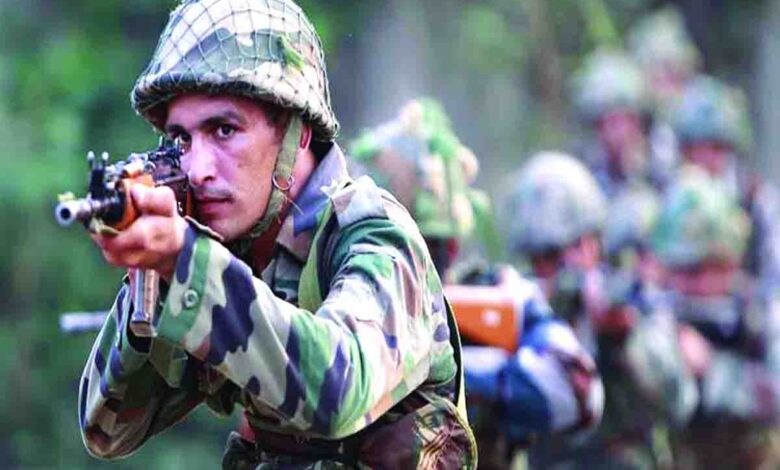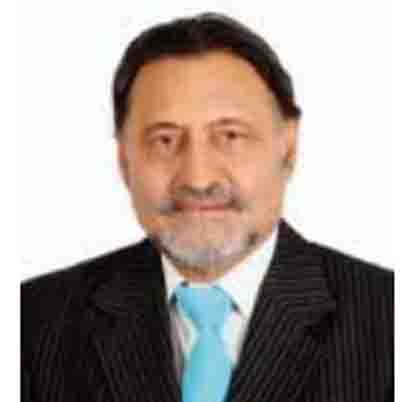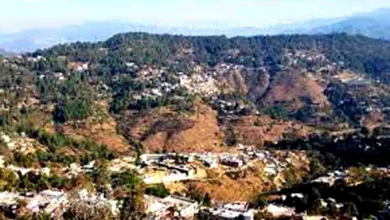OROP rejuvenates lives of veterans

GUEST COLUMN
 GJ Singh
GJ Singh
The welfare of the Indian armed forces is often the subject of many discussions and debates during prime time on Indian television channels. We frequently find articles and essays on One Rank One Pension (OROP) in newspapers and magazines. On social media, veteran groups are flooded with articles full of disparaging comments to the effect that the government of the day has not fulfilled its promise and commitment of OROP.
We need to balance our approach to understanding whether these last ten years from 2014 onward have made an impact or not on the lives of our veterans and their families and improved their standard of living and lifestyle. It has undoubtedly made the lives of veteran officers comfortable. However, there is still a big scope for improvement for soldiers when it comes to aspects like Personnel Below Officers Rank (PBORs). Let us have a balanced approach between the pre 2014 era and our OROP status in 2024. From the time of this issue, let us look at the origins of the OROP from the time of the birth of our independent nation in the year 1947. Since independence, the model of deciding pensions for our armed forces has been the “one rank one pension model” for almost 27 years. In 1973 after the Indo-Pak war of 1971, the Congress government led by the then Prime Minister Indira Gandhi terminated the OROP model. Then the third pay commission further reduced the pension of our soldiers/veterans and increased the retirement pension of the civil defense employees. In 1986, the Rajiv Gandhi-led government implemented the Rank Pay Scheme in the fourth pay commission. This brought the basic pay/salary of seven officers’ rank in the army and their equivalents in the navy and air force. This resulted in reduced pensions for many veterans in the armed forces in 1986 and later years. This also caused asymmetry in the pay scales of the armed forces officers and their equivalent officers. This injustice and stepmotherly treatment by the former governments resulted in discontent, rage, and uproar among the veterans. They threatened to agitate and take their demands of one rank one pay to the streets. To address this confusion and disappointment of the veterans, the government appointed the Koshyari committee, which consists of a ten-member all-party parliamentary panel chaired by Bhagat Singh Koshyari. It submitted its report after twenty-five years during the UPA government led by the then Prime Minister Manmohan Singh. The committee met the veterans’ demands of OROP and stated an equal pension should be paid for an equal length of service of the same rank irrespective of the retirement date.
Also, any future increase in the pension rate should be automatically passed on to the past pensioners. However, the UPA government did not implement the OROP scheme but continued to hoodwink the veterans and deliberately delayed its implementation. With this behaviour of the government, the veterans lost their patience and faith. They took to nationwide agitations and processions. Several veterans returned the gallery and service medals to the President of India, the supreme commander of the Indian armed forces. Many ex-servicemen organizations went on hunger strikes at Jantar Mantar in New Delhi.
Meanwhile, it was time for Lok Sabha elections in 2014. The opposition party, namely the BJP, supported the demands of the veterans. Then the prime ministerial candidate Narendra Modi demanded a white paper on OROP from the UPA government at an ex-servicemen rally at Rewari in Haryana. He promised that he would implement the OROP scheme if his party came to power in the center. Finally, in 2014, the government led by Prime Minister Narendra Modi passed the order to implement the OROP scheme. Checking the OROP data in the last decade (2014 – 2024) one can easily discern that there is a handsome financial package with benefits given by the Modi government in its two tenures. The statistics and results show that the present government led by PM Modi is committed to honouring the promises made to the veterans. As the saying goes, ‘give honour to whom it is due’, we must give due honour to Prime Minister Narendra Modi who has actualised the welfare of our veterans in true word and spirit. He stands out as a man who has walked the talk.
(The author is a senior defense analyst. The views expressed are personal)






